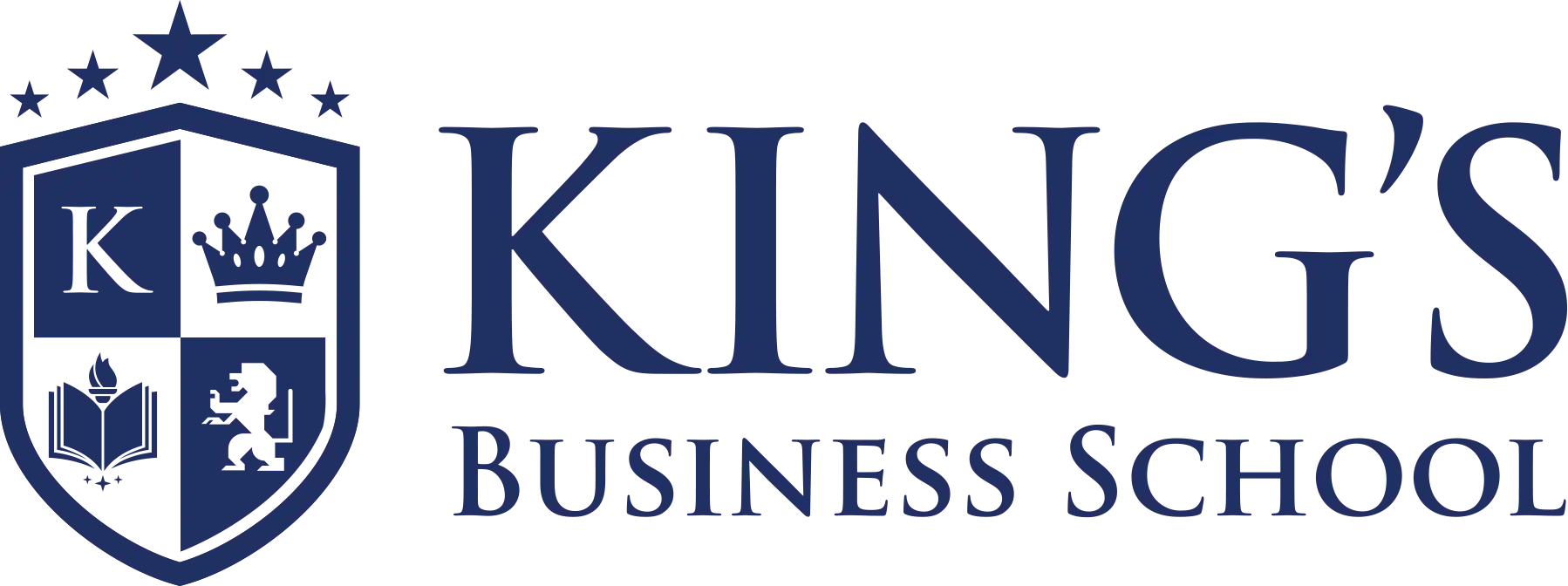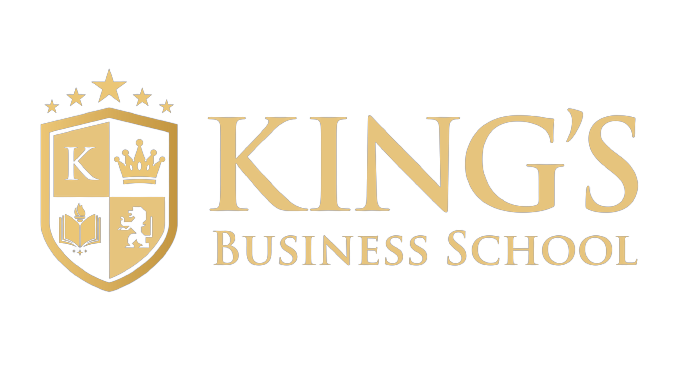Taking an EMBA program is often a turning point for working individuals looking to improve their career prospects without unduly sacrificing their personal and family lives. However, one important factor to optimize your experience is to register for the most suitable courses that match your objectives and availability. In this post, we shall discuss some tips to help you fully utilize the executive MBA for working professionals and why it is important to get an EMBA degree.
1. Start Early
The foremost guideline in order to get the most favorable classes that will complement your EMBA Program is to initiate the process of registration as early as you can. Many programs, even the ones meant for working adults have capped their class sizes in order to promote individual attention and significant engagement. Procrastination can lead to disappointment since choices may be restricted meaning it will be challenging to register for classes that fit your professional goals.
2. Prioritize Core Classes
When pursuing an Executive MBA for active professionals, there are usually inclusive subjects that are the back-bone of the learning process. Therefore ensure you emphasize these core classes when it comes to registration because they tend to fill up first. Getting into these fundamental classes will mean that you will get the relevant skills that will help advance your career and help you in making the most out of the EMBA degree.
3. Consult with Advisors
Academic mentors are generally available in most EMBA Programs to assist students in the enrollment procedure. Use their knowledge to avoid choosing classes that do not correspond to your career aspirations and academic obligations. Such counselors can help widen your understanding of the course, share the best professors, conducive class timings, and help you design your executive MBA for working professionals program to suit your needs.
4. Balance Your Work and Study Load
Even though the EMBA degree is aimed at the professionals who are currently working, it can still be very difficult to juggle your work and study schedules. When signing up for classes pay attention to the requirements that will be imposed on you by your job and your personal life. Each semester, select courses that include a balance of stimulating yet doable classes in order to prevent possible burnout. The most crucial aspect of an Executive MBA for working professionals is finding a healthy proportion which will allow you to strive in your occupation and studies.
5. Network with Fellow Students
Concerning the process of class selection for the EMBA Program, your co-students could be quite a lot of help to you. Make use of your contacts with other students, both current and former, and ask which subjects bear the most information and which teachers are the most interesting. This facilitates the formation of study groups, completion of group projects, and ensuring that one derives the maximum possible value from one’s EMBA degree from the very beginning.
King’s Business School’s EMBA Program
King’s Business School is here to foster aspiring leaders through the EMBA Program for working professionals. This is in collaboration with the Swiss UMEF University of Applied Sciences Institute which integrates academics with practical real-world experience. For King’s Business School’s Executive MBA for working students, the courses are scheduled in such a way that the students can still be employed during their studies, which is ideal for those wishing to improve their career prospects without losing their jobs.
Also, by taking the EMBA degree at King’s Business School, you will be able to acquire knowledge from the industry captains and have a chance to access their vast network of professionals. Its partnership with Swiss UMEF University of Applied Sciences Institute also boasts the international aspect of the program, which will be beneficial in the business world.
Pave your way towards attaining a higher position of authority in the flexible business environment of today with the help of the EMBA Program in King’s Business School.
For more information, visit King’s Business School’s EMBA Program.





